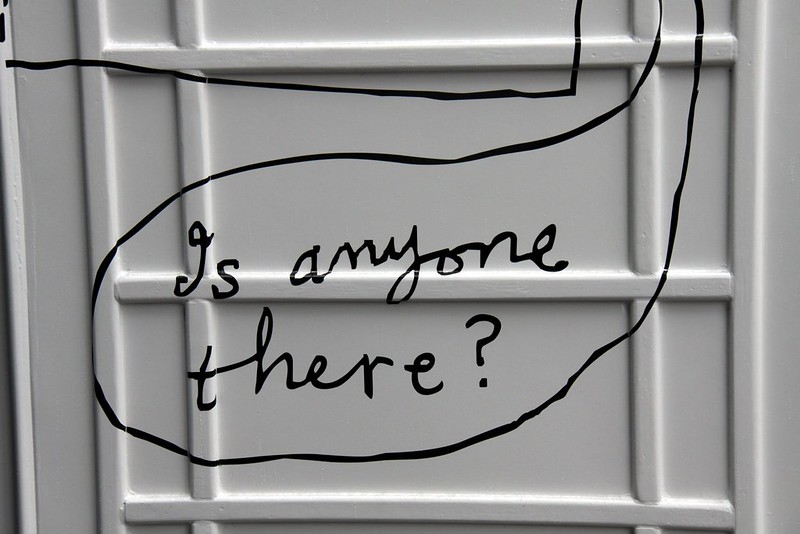Welcome back to our weekly round-up of the long reads on the web that are worth the investment. If you want to make sure you don’t miss future Global Comment content, don’t forget to sign up to our newsletter right at the bottom of this post.
Before we start, don’t miss one of our most popular posts from last week: Scary monsters and super creeps and make sure you’re following us on Twitter, Facebook and, now, Pinterest so you don’t miss a thing.
To support the site and your favourite writers and content, consider supporting us with a one-time or recurring donation. We are reader supported and every donation helps.
Now, the links you’re here for:
Cash/Consent (Lorelei Lee, n+1)
In the radical narrative, all sex trading is understood as trafficking and our ability to consent does not exist. In the competing liberal-libertarian narrative, those of us who have been publicly described as having “consented” to our work are categorically characterized as “empowered,” as “choice feminists.” Under these constructs, we have only two options: to be victims, which means we need to be rescued from our work—even if that rescue happens in handcuffs—or to be empowered sex workers, which means saying we’ve never experienced violence or constrained choice, that we love our jobs all day every day, and to be free we only need access to the free market.
We are Stoke-on-Trent: ‘Debt was a circle I could not get out of’ (Rebecca Woods, BBC)
There are many reasons why Stoke in particular has suffered financially. For decades, it was powered by industry, with tens of thousands working in mining and pottery. But when the mines and factories closed, generations of people were left out of work, creating a culture of not working that has trickled down to “third, fourth generations of people”, says Ms Riddle.
In place of the lost industry, minimum wage-paying distribution centres are emerging as the big employers. The average full-time salary for workers in the city is £24,907, almost £5,000 less than the national average. Many people simply don’t earn enough to keep themselves afloat, according to Julie Prendergast of the city’s Citizen’s Advice Bureau, which sees people every day with money worries.
Dark crystals: the brutal reality behind a booming wellness craze (Tess McClure, The Guardian)
Landslides are not the only danger for miners. Smashed rocks create fine dust and quartz particles can penetrate deep into the lungs. There, they fester, inflaming surrounding cells, increasing the risk of lung cancer and silicosis. Child labour is also widespread: the US Department of Labor and the International Labour Organization estimate that about 85,000 children work in Madagascar’s mines.
In the ring with India’s most powerful woman (Sonia Faleiro, 1843)
Phogat’s success makes her a rarity twice over. Wrestling is hugely popular in India: millions tune in to watch live bouts on TV. But the vast majority of fighters are men. The average Indian woman makes less than 200 rupees ($2.80) an hour. Yet as a star wrestler – and one of the few females in the sport – Phogat earned around $35,000 for five matches at the PWL, each lasting six minutes. Only one male wrestler earned more. Last year, her total earnings from wrestling were around $500,000.
The Bread Thread (Emily Weitzman, New Yorker)
I do not stay home from school. I do not pretend that I’m sick and hide in the nurse’s office. I do not cry in the bathroom. Instead, I huddle with my group of 10 girlfriends at lunchtime — our usual spot at the lockers near the gym. I tell them the story: how we were in Catherine’s basement, how the tequila came too quickly, how we stumbled upstairs, how I couldn’t remember much of the rest, how the rumors spread so fast, how it wasn’t all true, how some of it was and I didn’t know if I wanted it to be.
I tell my friends the story and they laugh. I tell my friends the story and they laugh and so I laugh. And then we all laugh. The laughter trickles down the hallway. Every giggle sounds like my body on display. I tell my friends the story and we laugh and we laugh and then I go to English class and wonder what’s so funny.
Image credit: Dave Catchpole

